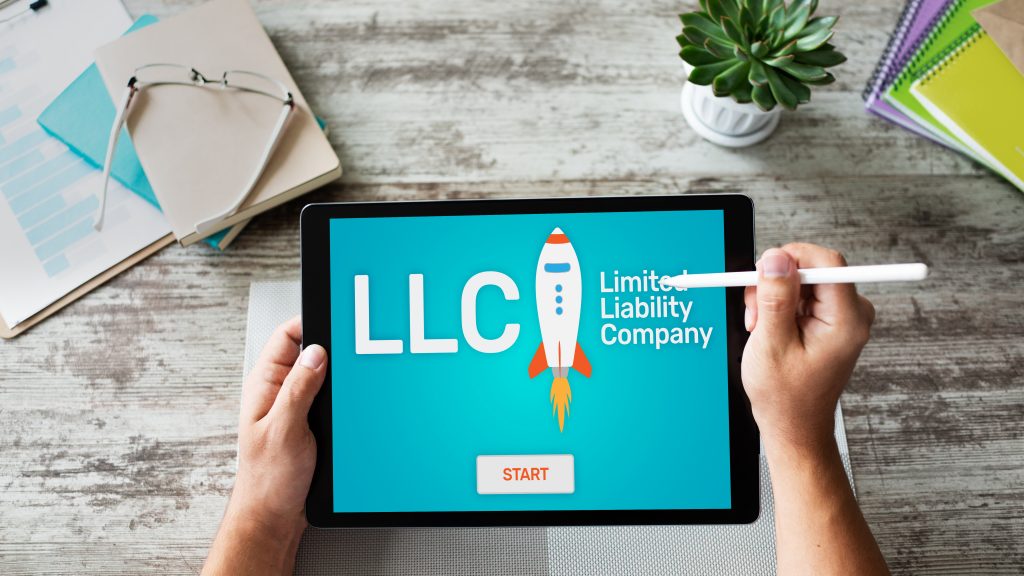When starting a new business, one of the most critical decisions you’ll face is choosing the right business structure. Two popular options for small businesses are Limited Liability Companies (LLCs) and Sole Proprietorships. Each structure has its advantages and drawbacks, and understanding the differences between them will help you make an informed choice that suits your specific needs. Let’s delve into the key distinctions between LLCs and Sole Proprietorships: Visit for LLC name ideas.
1. Liability Protection
- LLC: An LLC provides limited liability protection to its owners (members). This means that members’ personal assets are shielded from business liabilities, reducing personal risk in case of lawsuits or debts incurred by the business.
- Sole Proprietorship: In a Sole Proprietorship, there is no legal separation between the business and the owner. As a result, the owner is personally liable for all business debts and legal issues, which puts their personal assets at risk.
2. Business Taxes
- LLC: By default, an LLC is treated as a pass-through entity for tax purposes. This means that the business’s profits and losses pass through to the individual members, who report them on their personal tax returns. However, LLCs can choose to be taxed as a corporation if it benefits them financially.
- Sole Proprietorship: In a Sole Proprietorship, the business owner reports business income and expenses on their personal tax return (Form 1040). There is no separate business tax return for a Sole Proprietorship.
3. Business Complexity
- LLC: LLCs generally have more formalities and paperwork than Sole Proprietorships. Operating agreements, annual reports, and adherence to state regulations are typical requirements for LLCs.
- Sole Proprietorship: Sole Proprietorships are simple to set up and operate. They involve minimal paperwork and fewer ongoing compliance obligations.
4. Business Continuity
- LLC: LLCs can exist independently of their members, providing continuity even if a member leaves or passes away. The remaining members can continue to run the business.
- Sole Proprietorship: A Sole Proprietorship is tied directly to the owner. If the owner decides to retire or becomes incapacitated, the business typically dissolves unless it is transferred or sold.
5. Credibility and Perception
- LLC: Having “LLC” in your business name can add a level of professionalism and credibility, as it indicates that the business is a separate legal entity.
- Sole Proprietorship: A Sole Proprietorship may be perceived as a small, one-person operation. Some clients or partners might prefer dealing with a more established and structured entity.
6. Cost of Formation
- LLC: The formation of an LLC typically involves some initial costs, including filing fees and legal expenses. The exact cost varies by state.
- Sole Proprietorship: Forming a Sole Proprietorship is relatively inexpensive since it does not require formal registration. However, there might still be local business licensing or registration fees.
7. Flexibility in Management
- LLC: LLCs offer more flexibility in management. Members can choose to manage the business themselves or designate managers to handle day-to-day operations.
- Sole Proprietorship: The owner of a Sole Proprietorship has full control and decision-making authority over the business.
In conclusion, choosing between an LLC and a Sole Proprietorship depends on factors such as liability protection, tax implications, complexity, and long-term business goals. If you prioritize limited liability protection and are willing to deal with more formalities, an LLC might be the right choice. On the other hand, if simplicity and cost-effectiveness are crucial, a Sole Proprietorship may suit your needs. Consulting with a business attorney or accountant can provide valuable guidance in making the best decision for your specific circumstances.
